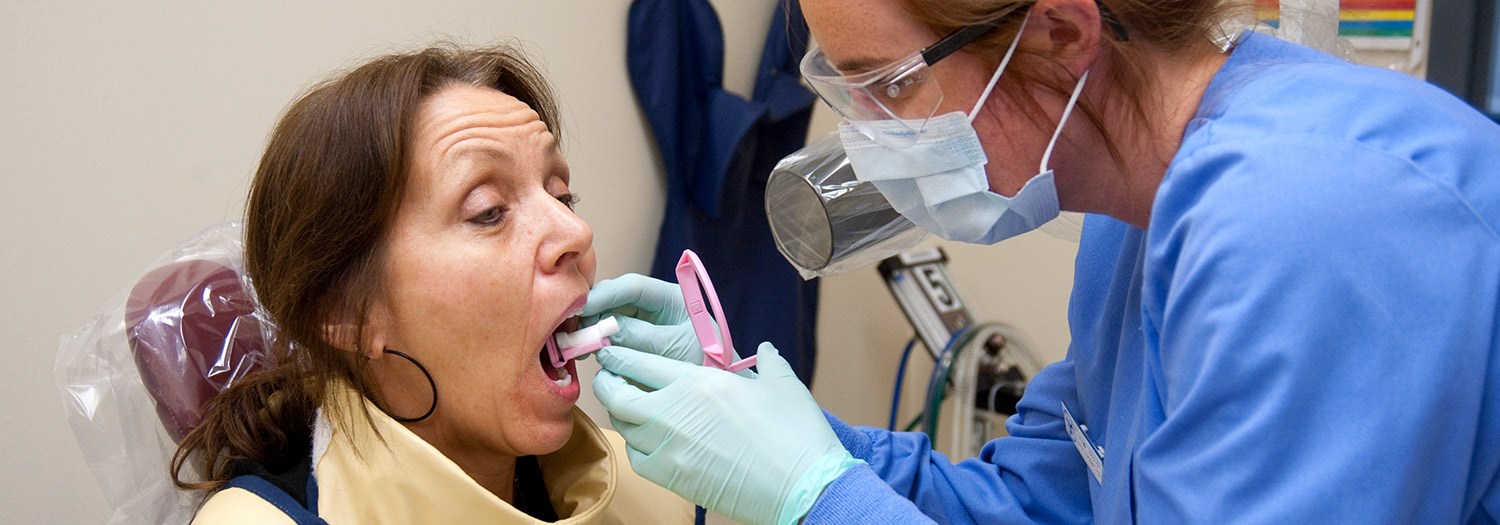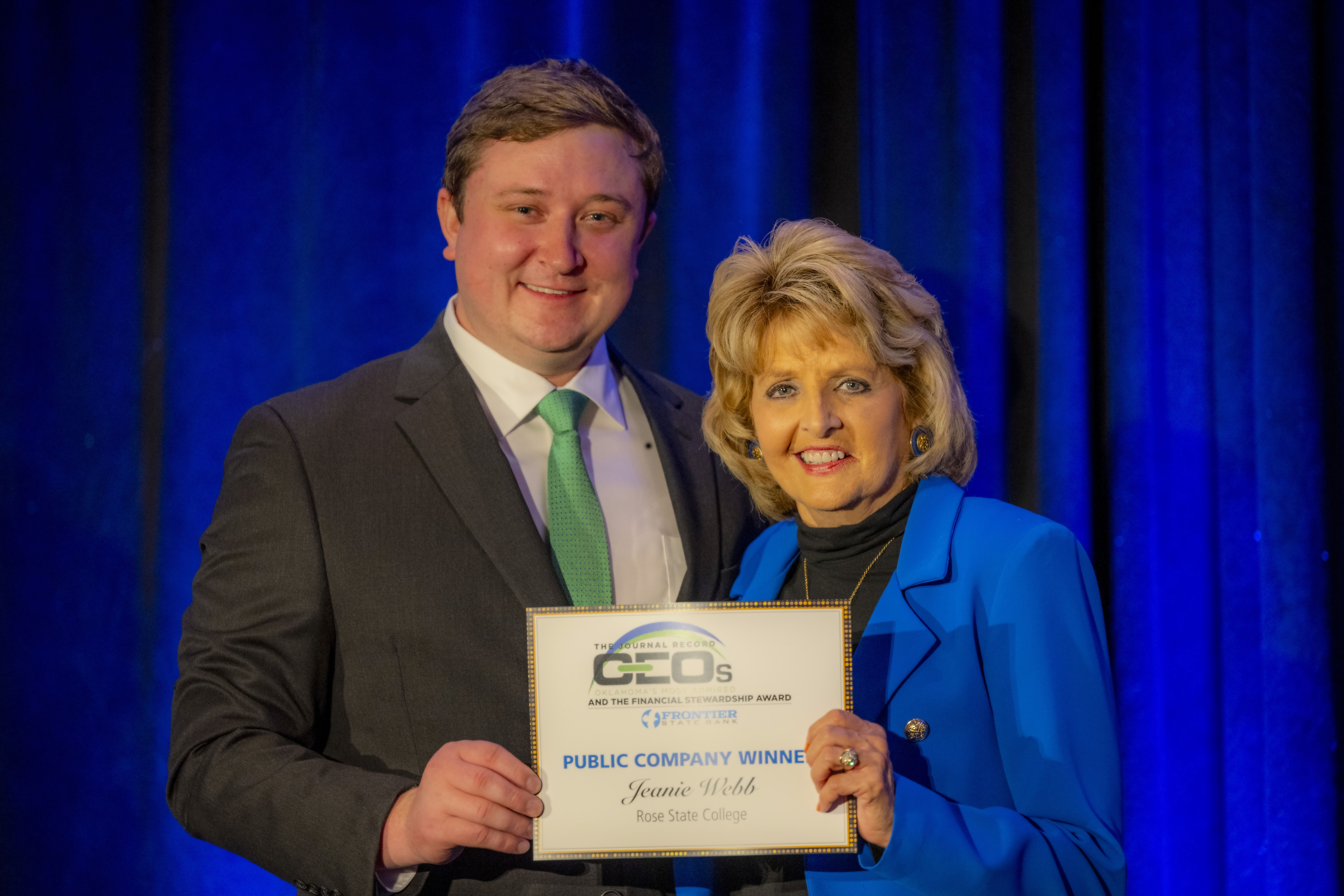Career Information
Job Market & Salary
Most of the approximately 100,000 active dental hygienists in the United States are employed by general dentists. Additionally, dental specialists (such as periodontists or pediatric dentists) employ dental hygienists. Most hygienists work chairside, although they often participate in the business aspects of the practice. Dental hygienists also may be employed to provide dental hygiene services for patients in hospitals, nursing homes, and public health clinics. Depending on the level of education and experience they have achieved, dental hygienists can also apply their skills and knowledge to other career activities, such as teaching dental hygiene students. Research and office management are other options. In addition, employment opportunities may be available with companies that market dentally related materials and equipment. Starting salaries in Oklahoma generally range from $35.00 to $39.00 per hour.
Career Information
A Registered Dental Hygienist is a licensed professional who provides preventive, therapeutic, and educational services for dental patients. The Dental Hygienist performs services as an auxiliary to and under the supervision of a dentist and is the only dental auxiliary licensed to perform specialized patient services. Hygienists use their knowledge and clinical skills to provide dental care to patients and their interpersonal skills to motivate and instruct patients on methods to prevent oral disease and maintain oral health.
Although the range of services performed by dental hygienists varies from state to state, patient services rendered by dental hygienists frequently include performing patient screening procedures, such as reviewing health and dental history and taking blood pressure, pulse, and temperature; taking and developing dental radiographs; removing calculus and plaque from teeth; applying preventive materials to teeth; teaching patients appropriate oral hygiene techniques; counseling patients regarding proper nutrition and its impact on oral health; making impressions of patients' teeth for study casts; and performing office management activities. American Dental Association
Students with a history of latex sensitivity or allergy are cautioned about selecting a career as an allied dental healthcare professional. Consultation with a physician is recommended if a history of allergy or sensitivity is present.
Sites of Interest
American Dental Association: http://www.ada.org
American Dental Hygienist's Association: http://www.adha.org
ADA Dental Hygiene Programs: http://www.ada.org/3443.sapx
A Registered Dental Hygienist is a licensed professional who, under the supervision of the dentist, provides for patients preventive and therapeutic dental hygiene services which help to prevent periodontal disease and dental decay. Graduation from this program ensures eligibility to take state, regional, and national licensure exams, which are required before beginning employment. Graduates of this program are also certified in all advanced functions legal in the state of Oklahoma. This program is accredited by the Commission on Dental Accreditation of the American Dental Association. The Commission on Dental Accreditation will review complaints that relate to the program's compliance with the accreditation standards. The Commission is interested in the sustained quality and continued improvement of allied dental education programs but does not intervene on behalf of individuals or act as a court of appeal for treatment received by patients or individuals in matters of admissions, appointment, promotion or dismissal of faculty, staff or students. A copy of the accreditation standards and/or Commission's policy and procedures for submission of complaints may be obtained by contacting the Commission at 211 East Chicago Ave, Chicago, IL 60611-2678 or by calling (312) 440-2500.
Employment opportunities include: private general dental practices, clinics, school programs, public health programs, institutional care, hospitals, industrial health, and the armed forces. Opportunities in business and education may also be available.




